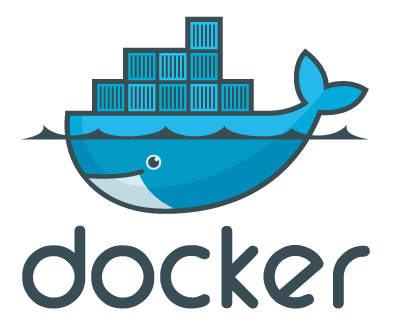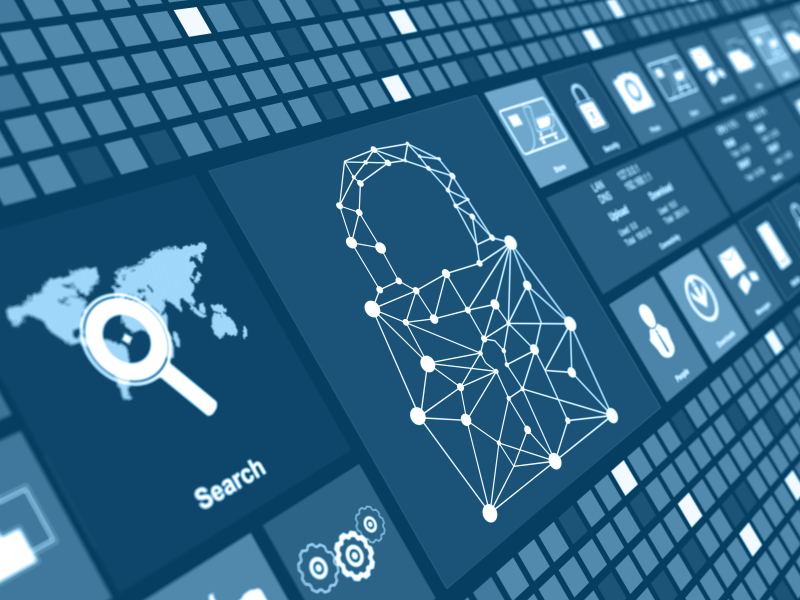"Disruptive Tech {Government}"

Blockchain
Of all the technologies mentioned, Blockchain may be the least well known, but it is definitely poised to impact data centers in the coming year. Blockchain is the technology underlying Bitcoin, and some analysts suggest its potential enterprise uses could far exceed its helpfulness in tracking digital currency.
Blockchain is a distributed database that is used to record an ever-growing list of transactions. It doesn't require any permission to access it, but it's nearly impossible to tamper with the data it holds. In other words, everyone can see what is written there, but no one can erase or change it.
In the future, Blockchain could be used to track many different kinds of data, to speed and secure financial transactions, or even to prevent voter fraud.

Containerization
Containerization first burst onto the scene with the launch of the Docker open source project in 2013. Since then, it has become one of the most frequently discussed new data center technologies, and several other organizations have launched containerization initiatives.
In simple terms, containerization offers an alternative to traditional virtualization. The technology packages together everything an application needs to run in a container. These containers are completely separate from each other, which provides security and portability. In addition, because they don't require a hypervisor, containers are more lightweight and efficient than traditional virtualization, and they eliminate problems caused by having different test and production environments.

Adaptive Security
As cyberattacks against large companies continue to succeed with alarming regularity, it is becoming apparent that the existing security measures at most enterprises are inadequate to keep up with the rapidly evolving nature of attacks. Gartner recommends that organizations move to an "adaptive security" model that uses predictive analytics to anticipate where attackers will strike next.
According to Gartner, "Relying on perimeter defense and rule-based security is inadequate, especially as organizations exploit more cloud-based services and open APIs for customers and partners to integrate with their systems." The research firm said that adaptive security will be one of the top 10 strategic technology trends for 2016 and added, "Application self-protection, as well as user and entity behavior analytics, will help fulfill the adaptive security architecture.



